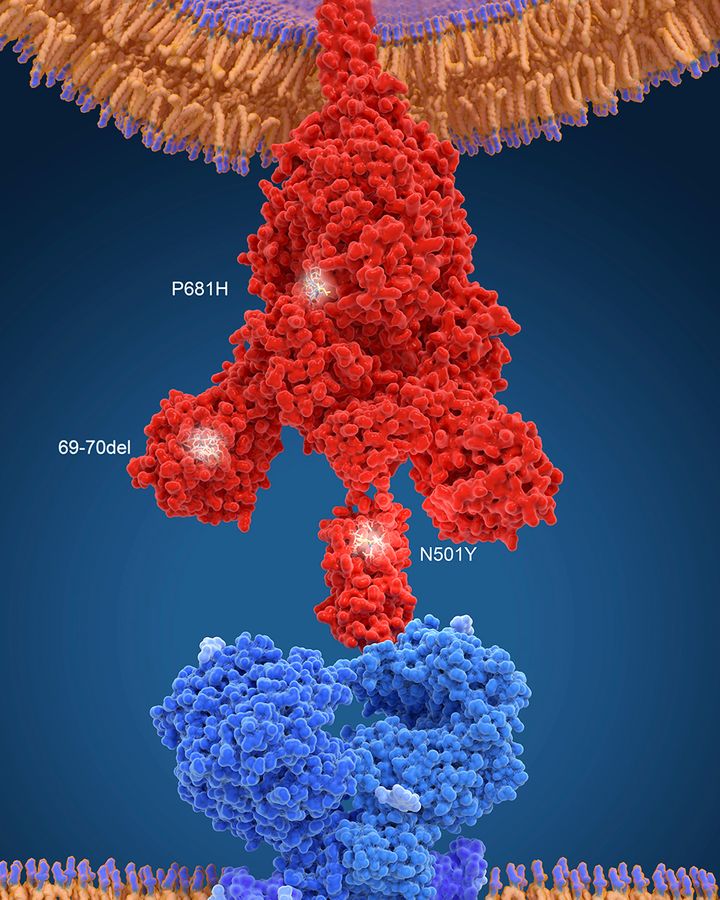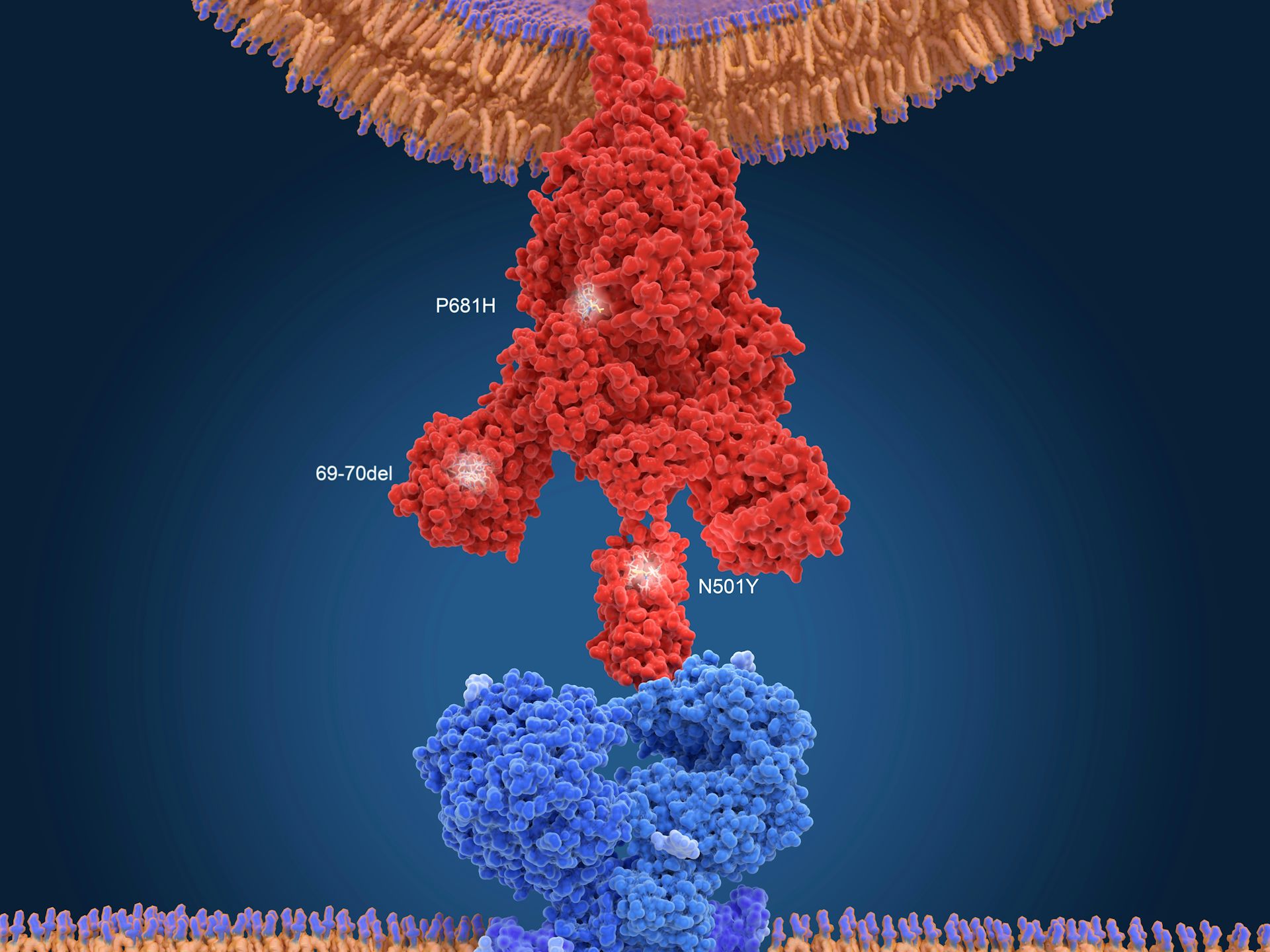

SARS-CoV-2 may also damage the heart through other unknown pathways. SARS-CoV-2 infection may impair ACE2 function, which in turn leads to blood pressure increase and, thereby, injures the heart. “Besides directly damaging the heart muscle cells, the spike protein itself is very inflammatory and may cause systemic inflammation that indirectly causes heart problems.”ĪCE2 is an important enzyme controlling blood pressure. “That means once the heart is infected with SARS-CoV-2, it will activate the TLR4 signaling,” Lin said. In contrast, these two proteins were absent in a biopsy of a healthy human heart. They detected the SARS-CoV-2 spike protein and TLR4 protein in both heart muscle cells and other cell types. “We found direct evidence that the SARS-CoV-2 spike protein is toxic to heart muscle cells,” Lin said.ĭuring this study, researchers also examined a heart biopsy from a deceased patient with inflammation due to COVID-19. In lab testing of heart cells cultured in dishes, researchers also observed that the SARS-CoV-2 spike protein made heart muscle cells much larger compared to cells without either spike protein. They found that the AAV9-mediated the SARS-CoV-2 spike protein, and not the NL63 spike protein, caused heart dysfunction, hypertrophic remodeling (enlargement) and cardiac inflammation. The AAV9 viral vector was delivered into lab mice to activate the spike protein in the heart muscle cells. To investigate the impact of the SARS-CoV-2 spike protein on the heart, researchers cloned the SARS-CoV-2 spike protein and the NL63 spike protein into the AAV9 viral vector. “The TLR4 signaling is the major pathway that activates the body’s natural immune response, and the SARS-CoV-2 spike protein activates TLR4, not the regular flu spike protein.” “The fact that the SARS-CoV-2 spike protein is activating the natural immune response may explain the high virulence compared to the other coronaviruses,” Lin said. Their results showed that the SARS-CoV-2 spike protein activated the natural immune response in heart muscle cells and damaged the heart, but the NL63 spike protein did not. They studied the potential ability to cause heart disease of both SARS-CoV-2 spike protein and the NL63 spike protein.

HCoV-NL63 is a coronavirus that infects the respiratory system without causing cardiac injury, although its spike protein also uses ACE2 to mediate virus entry. The researchers studied whether the SARS-CoV-2 spike protein activates the natural immune response in heart muscle cells. Activation of the body’s immune response is essential for fighting against virus infection however, this may also impair heart muscle cell function and even lead to cell death and heart failure,” Lin said. “Host natural immunity is the first line of defense against pathogen invasion, and heart muscle cells have their own natural immune machinery. That’s why it’s important to get vaccinated and prevent this disease.” “Our data show that the spike protein from SARS-CoV-2 causes heart muscle damage. What we suspect is that the spike protein has unknown pathological roles,” said Zhiqiang Lin, Ph.D., lead author of the study and an assistant professor at the Masonic Medical Research Institute in Utica, New York. “It’s already known from the clinical side that COVID-19 infection can induce heart injury, however, what we don’t know is the mechanistic details of how this occurs. In addition to infecting the lungs, the virus can also spread to other organs leading to more damage to the body, severe infection and, among some people, death. The spike protein facilitates virus entry into healthy cells, which is the first step in infection. Spike proteins latch onto receptors known as angiotensin-converting enzyme 2 (ACE2) on target cells. The spike protein is found on the surface of SARS-CoV-2, the virus that causes COVID-19. The meeting, held in Chicago on July 25-28, offers the latest research on basic and translational cardiovascular science. Now, researchers have found that the spike protein from the severe acute respiratory syndrome coronavirus 2 (SARS-CoV-2) virus can lead to heart muscle injury through the inflammatory process, according to preliminary research to be presented at the American Heart Association’s Basic Cardiovascular Sciences Scientific Sessions 2022. ET, Monday, July 25, 2022ĬHICAGO, JHeart damage is common among patients hospitalized with COVID-19, leading many to wonder how the virus affects the heart. In study evaluating mice and human heart cells, the SARS-CoV-2 spike protein inflamed the heart muscle cells, which can lead to heart injury.Įmbargoed until 8 a.m.



 0 kommentar(er)
0 kommentar(er)
